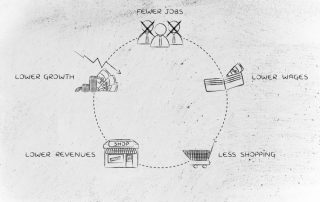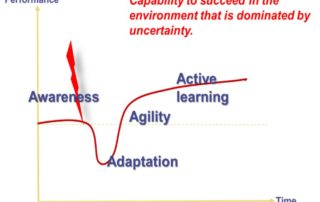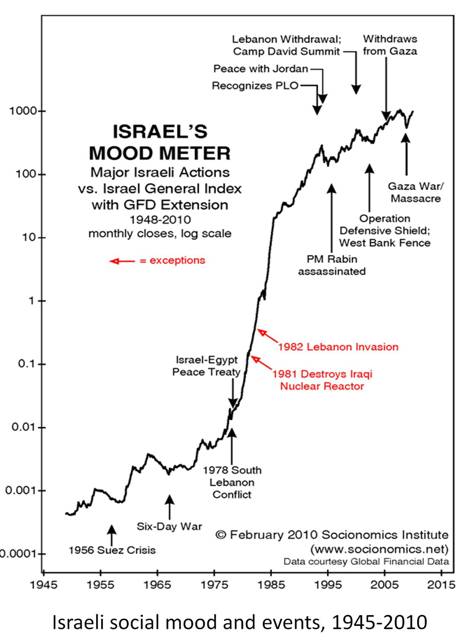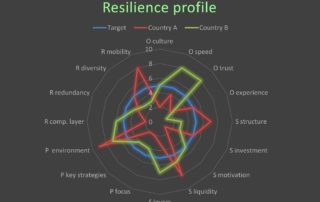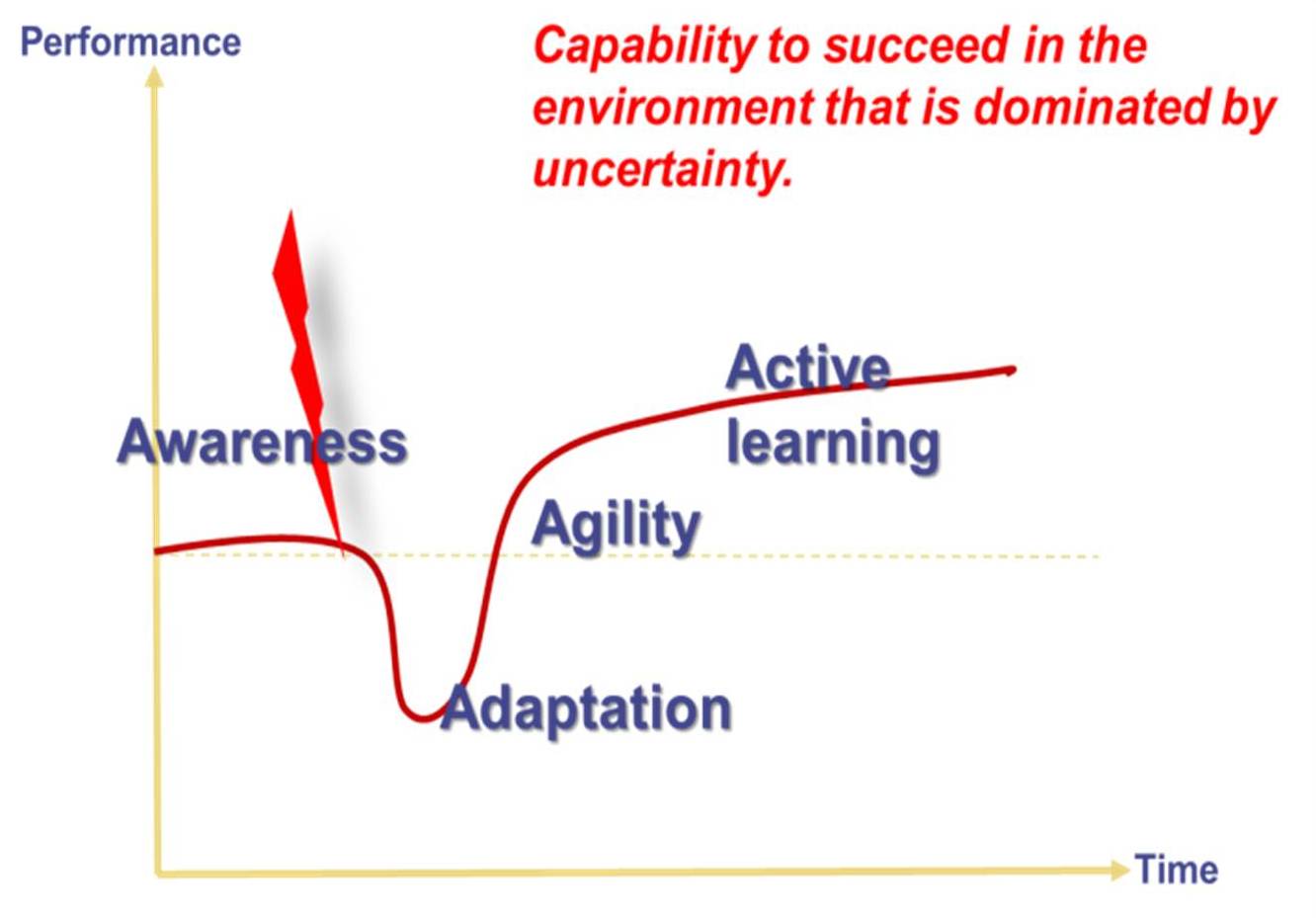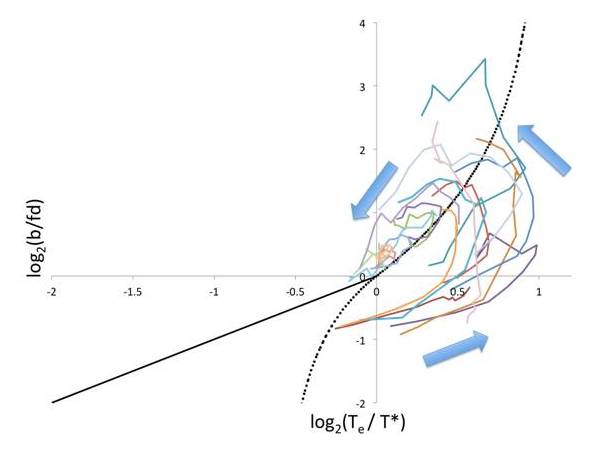Research and Initiatives
Global X-Network Annual Conference April 15 – 17, 2018
Will be held in Vienna Austria April 15 - 17, 2018 Details will be posted shortly
The Coronavirus Pandemic and Potential Implications
The Coronavirus Pandemic and Potential Implications Executive Summary The coronavirus pandemic is an X-event (extreme event) that has impacted many aspects of our global society. The conclusions in this whitepaper are the result of applying [...]
The Coronavirus Pandemic and Structural Changes in the Global Economy
The Coronavirus Pandemic and Structural Changes in the Global Economy We are facing a possible recession that is similar in magnitude to the depression of the 1930s. The coronavirus crisis is changing lives around the [...]
How digital platforms are helping us manage through the coronavirus
How digital platforms are helping us manage through the coronavirus In our past signal posts, we’ve highlighted many ways that digital platforms are growing and impacting our everyday lives. In this signal post, we’re highlighting [...]
Resilience and the Coronavirus Pandemic
Resilience and the Coronavirus Pandemic The era of efficiency seems to be over. We are entering a world dominated by uncertainties. Some of these uncertainties are quantifiable, so we are able to conduct risk calculations [...]
“How human systems collapse – and are reborn”
XED IN THE NEWS Risk Insights Magazine October | December, 2017 “How human systems collapse – and are reborn,” by John Casti, X-Event Dynamics
Urban Future Global Conference February 28 – March 2, 2018
X-Event Dynamics will have a booth at the Urban Future Global Conference in Vienna, Austria from February 28-March 2. 2018. Be sure to stop by and see us! Learn more and register for the conference [...]
The International Conference on Business, X-Events and Analytics
XED co-founder John Casti will be presenting as the opening speaker at The International Conference on Business, X-Events and Analytics, will be held from April 12-13, 2018 at the Austria Trend Parkhotel Schonbrunn in Vienna, Austria. [...]
Follow The X-Press Blog
Link to The X-Press Blog
The X-Events Index – White Paper by John Casti
The anticipation of an X-event is a bit like weather-forecasting. We take the drivers of atmospheric change, quantities like temperature, air pressure, humidity, wind velocities and the like, and use mathematical equations governing the change [...]
Organizational Resilience – How Do You Know If Your Organization Is Resilient or Not?
There are two principle ways to approach resilience measurement; either to try to collect information about as many functions as possible in an organization or to use an indicator that will reflect how an organization [...]
Phenomena Driven by Mass Psychology
How do different scientific disciplines contribute to the understanding of phenomena driven by mass psychology? See Presentation by Thomas Bruderman
Game Changer Project
This paper serves as the final report of the Game Changers project lead by John Casti and coordinated by Leena Ilmola. The project was established towards the end of 2009 as a part of the [...]
LOW PROBABILITY HIGH IMPACT RISKS AS A SOURCE OF SUCCESS: THE CHALLENGE OF RESILIENCE MANAGEMENT
Improving efficiency may prove to be a harmful strategy in a global environment that is full of sudden twists, surprises, and shocks. In this situation decision makers have two alternative strategies; either invest in anticipation [...]
Approaching an X-Event in the Forrest Industry
Approaching an X-Event in the Forrest Industry by Wilenius Markku Presented at the Global X-Network Annual Conference in Vienna April 2014 Download Presentation
Theory
Theoretical research at The X-Center will encompass studies of how complexity science can be used to understand the foregoing diagram. This will entail developing a deeper understanding of the different notions of complexity applicable to [...]
X-Events in Social Processes
X-Events in Social Processes At a random moment in time, the generic behavior of any social system is to be in a trending pattern. In other words, if you ask how will things look tomorrow, [...]
Suomi Mood Indicator
Suomi Mood Indicator Key questions being addressed: What is the dynamics of the society? How can we anticipate discontinuous shifts in the dynamics? What kinds of politics and communications is feasible in the current situation? [...]
Extreme Events Results of the Study as part of the Human Society initiative at IIASA
This book serves as the final report of the Game Changers project lead by John Casti and coordinated by Leena Ilmola. The project was established towards the end of 2009 as a part of the [...]
Shocks and South Korea
Key questions being addressed: How to succeed in the world of surprises? What are the long-term national resilience requirements that emerge from the increasing uncertainties in the global physical and social environments? What kinds of [...]
Social Mood
The social mood concept developed is based on four principal theoretical frameworks: Socionomics (Prechter 2003, Casti 2010) – how the social mood, the way a population feels about the future, biases and shapes the character [...]
Complexity Gap
When two (or more) systems are in interaction, each system has its own level of complexity, which is usually tied up with how many degrees of freedom the system has for taking independent actions [...]
What Are X-Events?
Events that are: rare, surprising, and with large social impact Examples from Nature: Earthquakes, hurricanes, asteroid impacts, ice age Examples from Human Causes: Pandemic, nuclear holocaust, collapse of power grid
Seven Shocks – Finland – Project Outline
Seven Shocks – Finland Key questions being addressed: How can a small open national economy succeed in the world of surprises? Background IIASA/Xevents team has developed a unique methodology for analyzing external shocks and their [...]
Case study Report: Seven Shocks and Finland
Abstract This report presents the materials, analyses, and conclusions produced during the Seven Shocks and Finland project, an activity of IIASA Exploratory Projects in June -December 2011. The primary objective of the project was to [...]
Mathematical Model for the Dynamic Behavior of the Demographic Transition by Roger D. Jones
Abstract A mathematical model (Core Model) is presented that describes the gross dynamic behavior of the demographic transition—falling death rates lead to population increase, temporarily rising birth rates, temporarily increased population growth, decreased fertility, aging [...]


